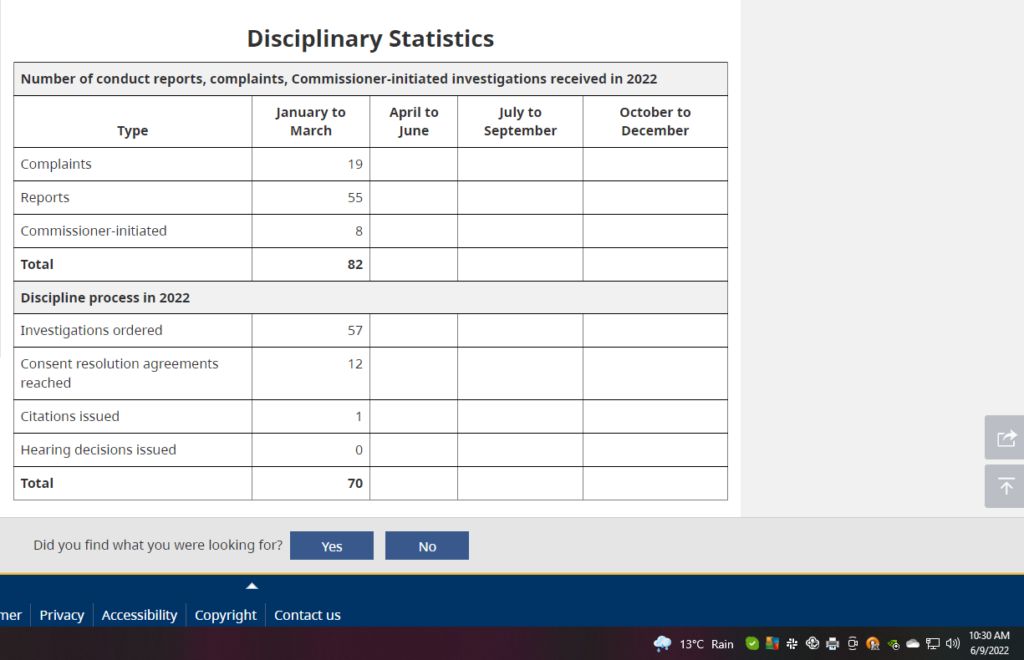Hello Parents.
Welcome to advocacy summer camp. You have two months to get in advocacy shape for the upcoming school year in the fall. Well….technically you don’t have two months, advocacy is a life long learning journey, but it’s more of a reflection of the sense of urgency we all feel when our kids are struggling.
If you are new to advocacy and are wondering where in the world to start, here is your summer reading.
Let’s start here. With information. The more you know, the better you will be at advocating for your child.
Start with Your District Website
- What are their policies from the Board of Education?
- Each district will have a Board section with lots of policies around suspension, restraint/seclusion, anti-ableism, assessments, etc. Not every district will have the same type of policy.
- What are their documents around conflict resolution path?
- Most districts will have documents on HOW to resolve conflicts within your school. They have a path they want you to take based on hierarchy. Know that if your concern is serious, you can jump and skip steps.
- What is the appeals process?
- Everyone can submit an appeal to the Board of Education, and it should be outlined on your schools website. You can also find it referenced in the School Act. Section 11.
- What is your districts code of conduct?
- Read the district code of conduct. Also be aware of Section 177 under the School Act. There is no appeals process if this happens to you.
District websites can be a maze. A complete maze. Keep going.
Look at Provincial Manuals and Acts
- The School Act
- The Teacher’s Act
- FIPPA (Freedom of Information and Privacy Protection Act
- The Erase Website
- Special Needs Manual
- In this Manual (first page) there are links to the Special Needs Order, Individual Education Plan Order, Student Progress Report Order, Support Services for Schools Order
- Diversity in BC Schools Policy
- The Multiculturalism Act
- The Human Rights Code
- DPAC Parents manuals on advocacy and policy
- There are LOTS of information and manuals on this site.
- The complete list by the Ministry of Education, including homeschooling and online learning
Legal Cases in Education
- Link for education cases
- CanLii
- For instructions on how to research your own using CanLii scroll to bottom of the page.
- Education Law
What are my External Organization options?
- Professional Conduct Unit / Teacher’s Regulation Branch
- Here is my tip sheet on how to file a complaint
- Ombudsperson
- Here is my info sheet on more details
- Fair Schools Report
- Office of Information and Privacy Commissioner
- When you submit a Freedom of Information request with the school. If you feel you are missing information or they have redacted too much, you can submit a complaint and they will review it and investigate.
- Human Rights Tribunal
- Human Rights Clinic (lots of information, blogs, free education workshops, services)
- Here is my tip sheet.
Where Can I go for Advocacy Help?
- Inclusion BC
- Family Support Institute
- Dyslexia BC
- BCEdAccess to Education – Facebook group and website
- Independent Service Providers for advocacy support and counselling (email me and I’ll refer you)
- Legal Help
- Dial-A-Lawyer
- If you want a specific Education Lawyer – email me, I can refer you.
What about the Process of Advocacy?
- How to deal with silence
- Advocacy tips
- When going to the media, be careful of defamation.
- Most school districts have a retainer with Harris & Co . Be aware that their lawyers may be reviewing your emails way earlier than you think.
- **** I HIGHLY recommend you get support, and I REALLY encourage people to consider joining the BCEdAccess Facebook group with over 4,500 parents who have a vast knowledge of advocacy and insight and support. You are not alone. You don’t need to do this alone.
This page was last updated on July 21, 2022.
IF anyone has any more information of manuals that they feel belong on this list, please email me and I will update it.
